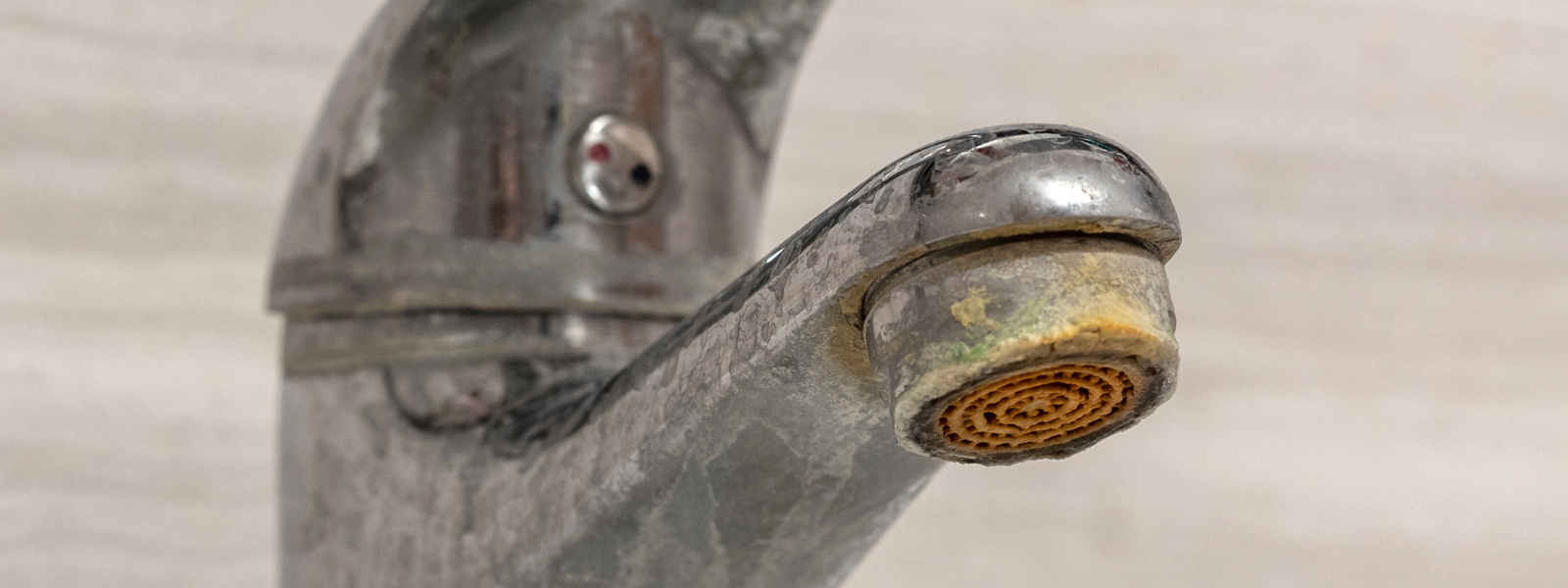Having hard water can be a difficulty for any industry, no matter its success or what they produces. The build-up of minerals over time can seriously take a toll on the effectiveness and lifespan of infrastructures. However, this damage can be prevented through the process of water softening. In this blog, will explain what chemicals can be utilized for this process and how this process can be enhanced.
Why Should I Soften My Water?
Having water that is labeled ‘hard’ means that it contains higher levels of minerals like calcium and magnesium. These minerals are known for causing damage. Softening the water simply means getting rid of these minerals. There are a variety of methods that work together to make the best water softeners, but it is also a good idea to keep a meter that can measure the hardness of your water.
How Can I Soften My Water?
Water can be softened when harsh salts and minerals are removed, thus eliminating any residue they may leave behind. This is done through the addition of chemicals, such as lime and soda ash. This will form solids, called precipitates, that will not readily dissolve in water, and thus can be easily filtered out. This method is commonly used for tap water in commercial houses, but many additional industries use a method called ion exchange. That technique is performed by running water over columns of resin, which exchange sodium ions for calcium and magnesium ions. The columns are then removed and cleaned once the unwanted minerals build up over time.
What Chemicals are the Best Water Softeners?
There is a wide variety of chemicals that you can use to soften your water, depending on the application. Luckily, large amounts of chemicals are not needed for industrial use, but they are still a necessary part of the process. Here are a few of the most common chemicals used to soften water:
- Hydrated/quicklime (calcium hydroxide) – widely used in water treatment facilities
- Soda ash (sodium carbonate) – used in tandem with lime
- Borax – common for smaller, commercial-scale treatment
- Sodium chloride – typically used for ion exchange on a larger scale
Looking for More About Industrial-Scale Water Softeners?
A lot can go wrong when handling large amounts of water: corrosion, hard water, and equipment wear-down. For solutions that are right for you and the environment, Ecolink is here to help! Reach out to our team of experts with all your questions or browse through our online store to find the right solution for you! We pride ourselves on providing a high-quality variety of both eco-conscious chemicals and traditional. Please do not hesitate to get in contact with us today!















